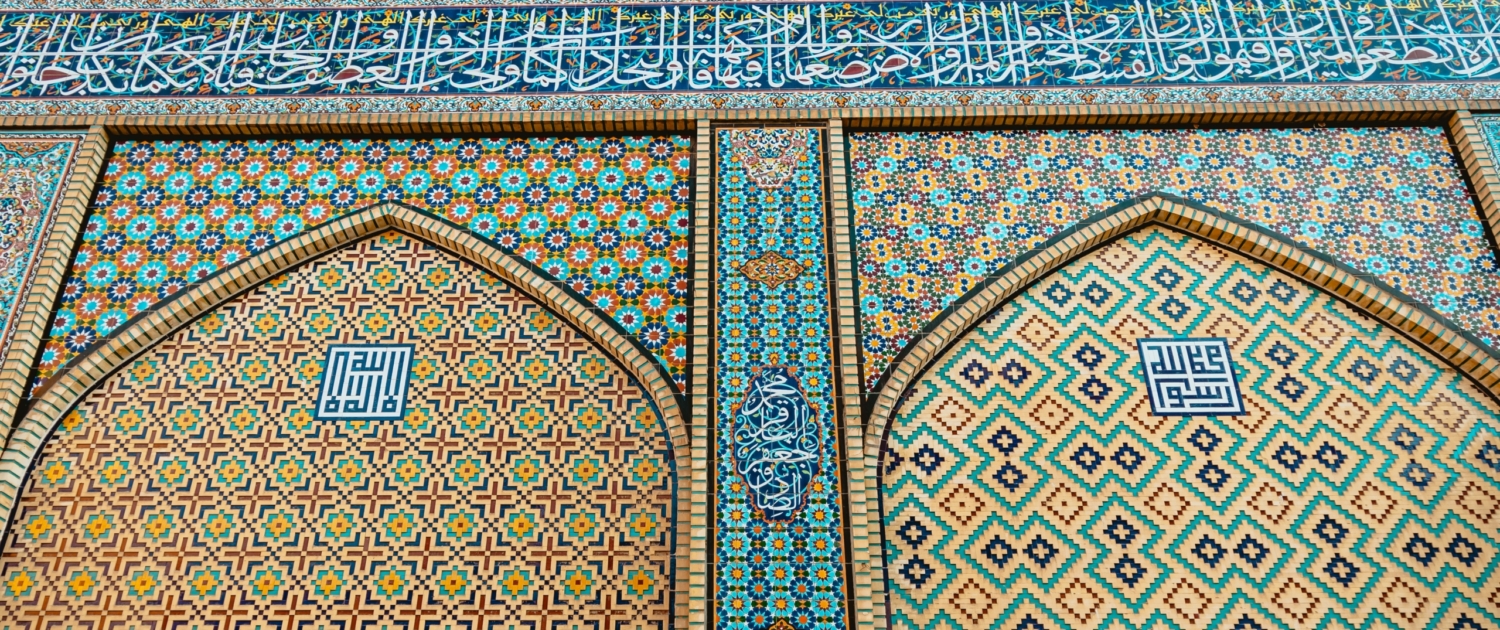The Trial of Wealth: Lessons from Surah al-Kahf

By Imam Yama Niazi
The following article is written by internal scholar Imam Yama Niazi where lessons are taken from Surah al-Kahf. It is part of the series Truth for the Youth. What is your wealth in the grave? How much money or cars will you possess? Zero. What will you take to the Hereafter? Read the article to find out more.
Wealth and children are the adornments of the present life. But the things that last are virtuous deeds. These deeds are better to gain reward from your Lord.
In our weekly reflections for youth, we reflect on the lessons that Allah Most High mentions in Surah al-Kahf or the Cave.
The story of this week follows that of a man whom Allah Most High granted “two gardens of grape-vines and surrounded them with date palms; in between the two We placed cornfields” (Quran 18:32). It follows a conversation between two people. The one who Allah Most High granted wealth and gardens boasts about his achievements and worldly possessions to the one whom he was speaking with. “I am wealthier than you and greater in manpower” (Quran 18:34). Pride and arrogance dominated and blinded him. He looked down on his companion and believed that his own garden would never perish. It is often that many who are plagued with arrogance and deluded with this worldly life begin to reject belief in the afterlife.“And I do not think the hour is coming. And even if I am returned to my Lord, I will find something better than this in return” (Quran 18:36). He assumed that his wealth was given due to his false assumption that, had he not been dear to Allah Most High, he would not have been given all of these possessions.
His companion warned him and reminded him about Allah, but was ignored. Finally one day a calamity comes and destroys his gardens and all his wealth. His companion reminded him, “when you entered your garden, why did you not say – ‘As God wills; there is no power except through God?’ Although you see me inferior to you in wealth and children. Perhaps my Lord will give me something better than your garden.” (Quran 18:39-40).
The Lessons
The lesson that we learn is that all material wealth in this world is only a test from Allah Most High. Having wealth or not is by no means an indication of whether Allah Most High loves a person or not. Rather, true wealth is the faith that the believer possesses in their heart. Being blessed with faith is the greatest blessing. “Whoever witnesses that there is no god but Allah alone enters Paradise.” (Bazaar)
Secondly, a Muslim always views material blessings as a test. Allah Most High wants to test us to manifest who amongst us will be grateful and who will not. “He who created death and life—to test you—as to which of you is better in conduct. He is the Almighty, the Forgiving.” (Quran: 67:2)
Thirdly, we learn the great value of these beautiful words, “Masha Allah la quwwata illa billah”, “As Allah wills; there is no power except through God.” These blessed words should serve as a litany on our tongues every time we enjoy one of the many blessings that Allah Most High has showered us all with.
Lastly, every week we are reminded that this world should not delude us. It seems that so many of our youth are lured into seeing rich and famous people as those who have “made it” and we forget they too will one day lose it all. We do not take even a dollar to our graves.
“When the son of Adam dies, his deeds come to an end except for three things: Sadaqah Jariyah (continuous charity); A knowledge which gives benefit, or a righteous child who prays for him (the deceased)” [Muslim]